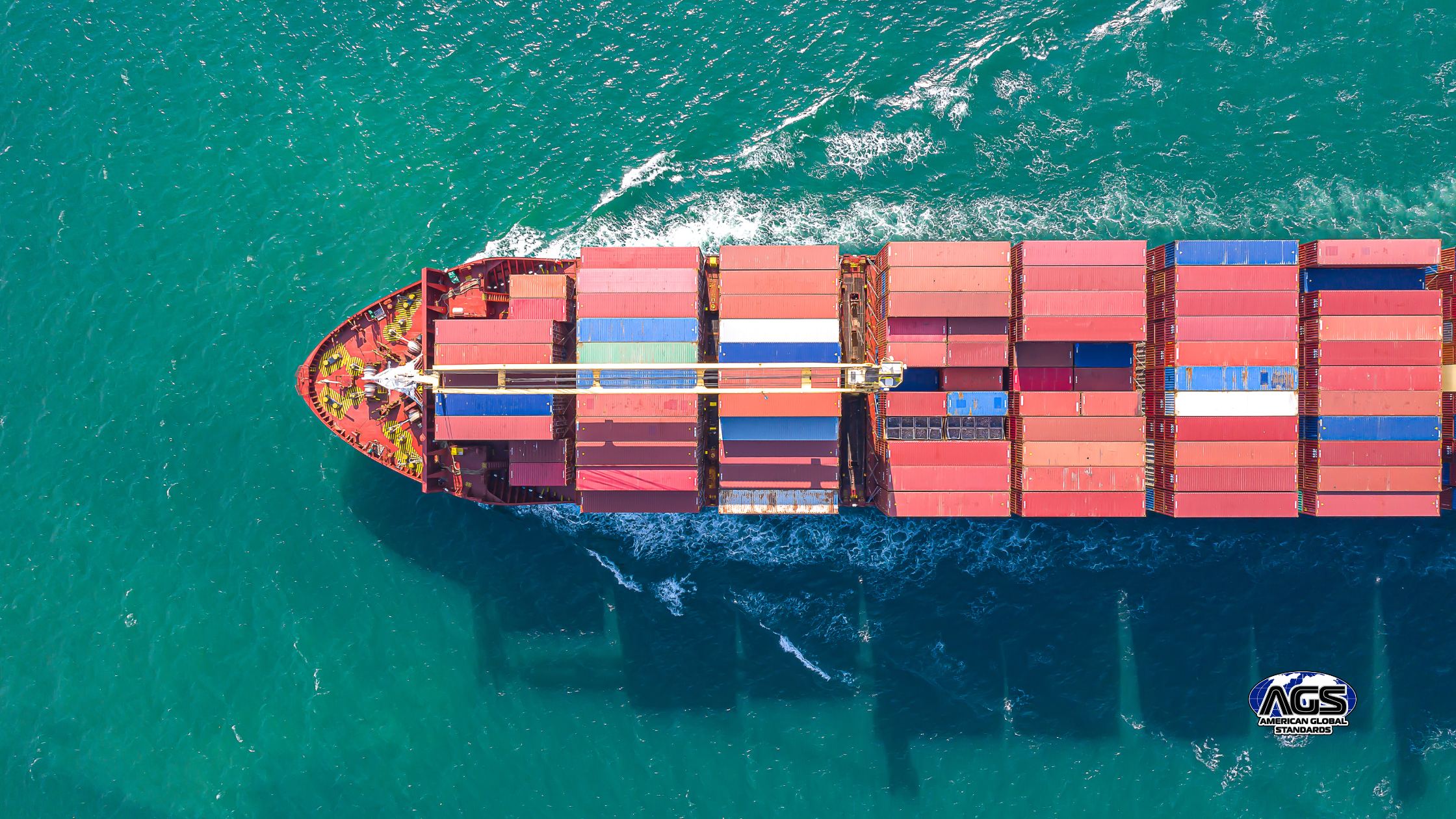In today’s global marketplace, supply chain transparency has become central to maintaining trust and ensuring sustainability across industries. Companies are now under increasing pressure to ensure their supply chain meets environmental and ethical standards. One of the most effective ways to achieve this is through ISO 14001 certification, which guarantees that suppliers follow internationally recognized ecological management practices.
Why Supply Chain Transparency Matters
Transparency in the supply chain goes beyond meeting legal requirements; it’s about building long-term relationships, fostering trust, and promoting sustainability. Companies are no longer judged solely on the quality or price of their products but on their environmental responsibility throughout the supply chain. Here’s why businesses are focusing on supply chain transparency:
- Environmental Risk Management: When every supplier adheres to environmental standards, the risk of regulatory violations or environmental damage decreases significantly.
- Increased Trust: Customers and stakeholders are more likely to trust a company that demonstrates environmental responsibility throughout its supply chain.
- Competitive Edge: As sustainability becomes a requirement for business partners and governments, companies with transparent supply chains are more likely to secure contracts and partnerships.
- Collaboration and Innovation: A sustainable supply chain encourages collaboration among partners, driving innovation in eco-friendly products and services.
Additionally, the circular economy model encourages the reuse and recycling of materials, aligning perfectly with ISO 14001’s goals. To learn more about how ISO 14001 supports the circular economy, check out this article on ISO 14001 and the Circular Economy.
How ISO 14001 Promotes Supply Chain Transparency
ISO 14001 is the leading standard for environmental management systems (EMS). Achieving ISO 14001 certification means that a business has a comprehensive plan for managing its environmental responsibilities. Here’s how it promotes supply chain transparency:
- Environmental Oversight: ISO 14001 requires companies to have a clear understanding of the environmental impacts of their activities, including those of their suppliers. This helps ensure that the entire supply chain is managed with environmental best practices.
- Supplier Accountability: By requiring ISO 14001 certification from suppliers, businesses can guarantee that all partners meet a high standard of environmental responsibility.
- Risk Reduction: ISO 14001 helps companies identify and manage environmental risks within the supply chain, ensuring long-term resilience and compliance with regulations.
Should Your Business Apply for ISO 14001 Certification?
Wondering whether ISO 14001 certification applies to your business or supply chain? The answer is likely yes. Whether you’re a manufacturer with an intricate global supply chain or a smaller service provider aiming to demonstrate your commitment to sustainability, ISO 14001 certification can help streamline environmental practices and provide a competitive edge.
There are certain industries are under heightened scrutiny when it comes to sustainability. These include:
- Manufacturing: Manufacturers operate across global supply chains, making environmental compliance difficult to track. ISO 14001 helps them assess risks and ensure suppliers follow sustainable practices, from raw material sourcing to energy management in factories.
- Retail and Consumer Goods: Consumers demand responsibly sourced products. ISO 14001 certification ensures that retailers’ supply chains meet sustainability standards, boosting customer trust and competitive edge.
- Automotive:Automobile production involves complex, multi-tier supply chains. ISO 14001 helps automakers certify that suppliers meet environmental goals, ensuring the entire production process aligns with sustainability objectives.
- Pharmaceuticals and Chemicals: With strict regulations on emissions and waste, ISO 14001 helps pharmaceutical and chemical companies ensure that suppliers comply with environmental standards, reducing risks of non-compliance.
- Food and Agriculture: Sustainable sourcing is critical in agriculture. ISO 14001 certification ensures that supply chains meet environmental and safety standards, covering everything from water use to soil management.
- Energy and Utilities: ISO 14001 ensures that renewable energy production, from sourcing materials to distribution, meets environmental regulations, helping energy companies minimize their environmental footprint.
- Textiles and Apparel: Textile supply chains often face criticism for their environmental impact. ISO 14001 certification guarantees sustainable practices throughout production, from fabric sourcing to manufacturing.
If you’re looking to improve supply chain transparency and enhance your company’s reputation for environmental responsibility, ISO 14001 can be a game-changer. The certification is applicable to a wide range of industries and businesses of all sizes.
How AGS Can Help With Your ISO 14001 Certification
Navigating the path to ISO 14001 certification can be complex, especially when ensuring compliance across your supply chain. American Global Standards (AGS), with over 25 years of experience, is here to help your business every step of the way. AGS provides expert guidance in achieving ISO certification, ensuring your supply chain remains transparent and compliant with global environmental standards.
Get Certified Today!
Our innovative Virtual Cert™ ASRP Program™ offers a cost-effective and time-efficient solution to maintaining ISO certification. Through virtual assessments and sample audits, your business can stay compliant without disrupting daily operations.
If you’re ready to enhance your supply chain transparency and take a significant step toward environmental sustainability, AGS is here to guide you through the process. Whether you’re pursuing ISO 14001 certification for the first time or looking to update your current systems, AGS is the trusted partner you need.
Contact AGS today and start your journey toward a more transparent, sustainable, and ISO-certified supply chain.


